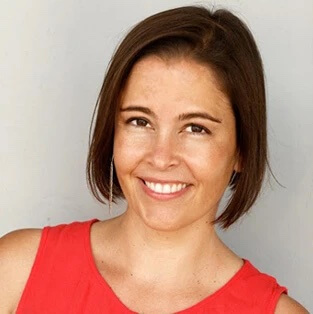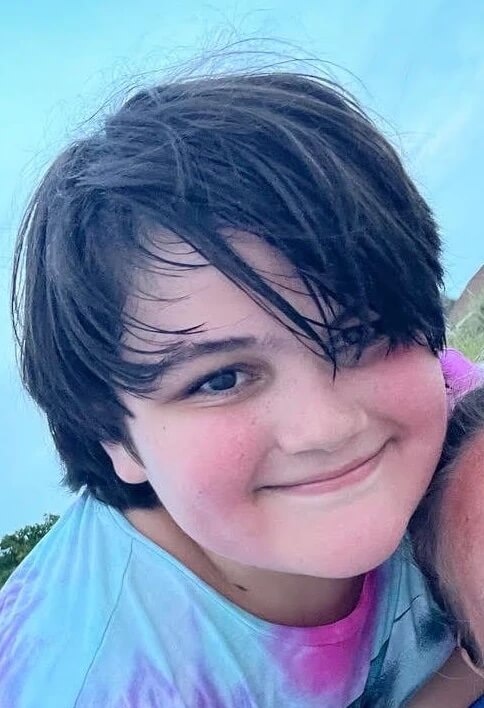For a treatment, drug, or device to make it into the hands of people with type 1 diabetes (T1D), it must first complete a vital step—a clinical trial.
Currently, there are approximately 300 clinical trials underway to prevent, cure, and treat T1D and its complications. JDRF hopes that, ultimately, these trials will lead to cures for T1D one day.
On This Page
Find a Clinical Trial That Fits You
Despite how critical clinical trials are to finding therapies to cure, prevent, and treat T1D, many are delayed or fail because researchers can’t find enough funding or participants. Participating in a clinical trial is a great way to contribute!
Clinical Trials FAQs
-
A clinical trial is a research study involving human volunteers that tries to answer a specific health question. Clinical trials closely monitor people’s progress as they take part in the study of an investigational drug, device, or method of treatment that has not been approved by the FDA for that specific indication. Carefully conducted clinical trials are the safest and fastest way to find treatments that work. Whether it’s an everyday, over-the-counter treatment, or the latest and greatest medical device, it went through the rigorous testing process of a clinical trial.
-
You may get access to new treatments and technologies not available to the public. You may also have access to top diabetes clinics and researchers while enrolled in the clinical trial.
Some clinical trials also offer financial compensation. But one thing is certain: you will feel empowered knowing that your contribution to clinical research will help advance medical treatments and technologies for future generations!
-
There are many clinical trials that a person with long-standing T1D can enroll in. Go to the JDRF Clinical Trials Connection, and enter where you live, the distance you can travel, and other characteristics to be matched with clinical trials that you may be eligible for. You can even get up-to-date information when you enter your email address. You can try it out above.
-
All clinical trials have guidelines, called eligibility criteria, about who can participate. The criteria are based on such factors as age, sex, stage of disease, previous treatment history, and other medical conditions. This helps to reduce the risk to an individual and variation within the study, and to ensure that the researchers will be able to answer the questions they plan to study. Therefore, not everyone who applies for a clinical trial will be accepted.
-
In clinical trials, experimental drugs are often compared with placebos (a treatment with no therapeutic value) to evaluate the treatment’s effectiveness.
-
JDRF has an easy-to-use tool called the Clinical Trials Connection, which asks users simple questions—about where they live, the distance they can travel and other characteristics—to match them with trials for which they are eligible. Currently, there are more than 300 clinical trials for people living with T1D and T1D-related complications underway. You can try it out above.
-
Currently, there are more than 300 clinical trials for people living with T1D and T1D-related complications under way.
-
Unfortunately, no. About 20,000 people are needed for T1D trials in the U.S., but researchers have reported a significant shortage of participants. Many clinical trials are delayed or fail because doctors cannot find enough people to take part.
Featured Clinical Trial
A Study of the Effect of ZT-01 on Night-time Hypoglycemia in Type 1 Diabetes (ZONE)
Zucara Therapeutics is investigating whether its drug ZT-01 lowers the number of nighttime hypoglycemic events in people with T1D and its effects on blood-sugar levels. They will also be studying the safety of the drug.
Inclusion criteria:
-
Has had type 1 diabetes for at least 5 years
-
Has history of recent noctural hypoglycemia
-
A1c under 10.0%
-
Does NOT use an automated insulin delivery system (e.g. closed loop or artificial pancreas)
JDRF only shares information about clinical trials that are indexed on ClinicalTrials.gov or approved by an academic ethics board.
Meet Some Clinical Trial Participants

Alecia
“Participating in clinical research… makes me personally feel like I am doing everything I can to make life better for people with T1D.”

Marjorie
“Clinical trials are the only way to get to a cure. The more folks that participate, the more data we have to improve and optimize treatment options.”

Bauer
“I’ve been able to do research studies that are helping us get better technology that will revolutionize how I manage my T1D.”
Clinical Trial Education Volunteers
Your Key to Participation
Our national team of Clinical Trial Education Volunteers (CTEVs) are highly trained to answer any questions you may have or to help you get matched up with a clinical trial near you.
Find your local Clinical Trial Education Volunteer
These resources are made possible in part through the support of Dompe Pharmaceuticals and Vertex.
Sign up for our monthly Research Newsletter, The Pipeline, to stay up to date on the latest and greatest in T1D science.
By clicking Sign Up, I agree to the JDRF Privacy Policy. I also agree to receive emails from JDRF and I understand that I may opt out of JDRF subscriptions at any time.




